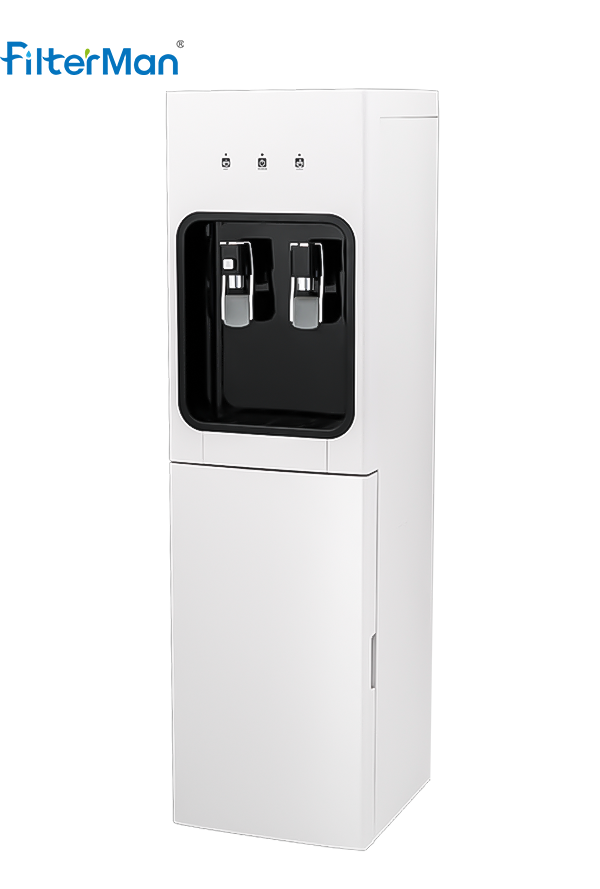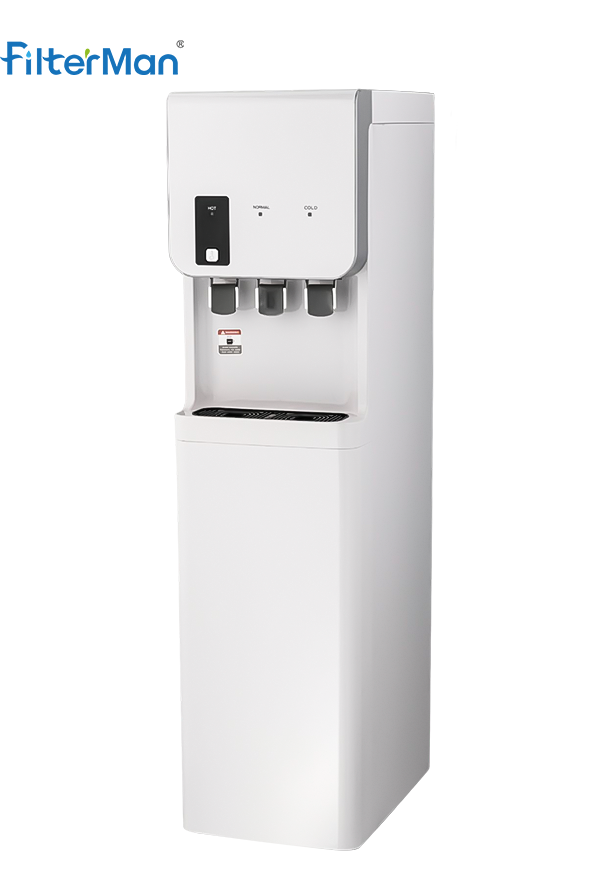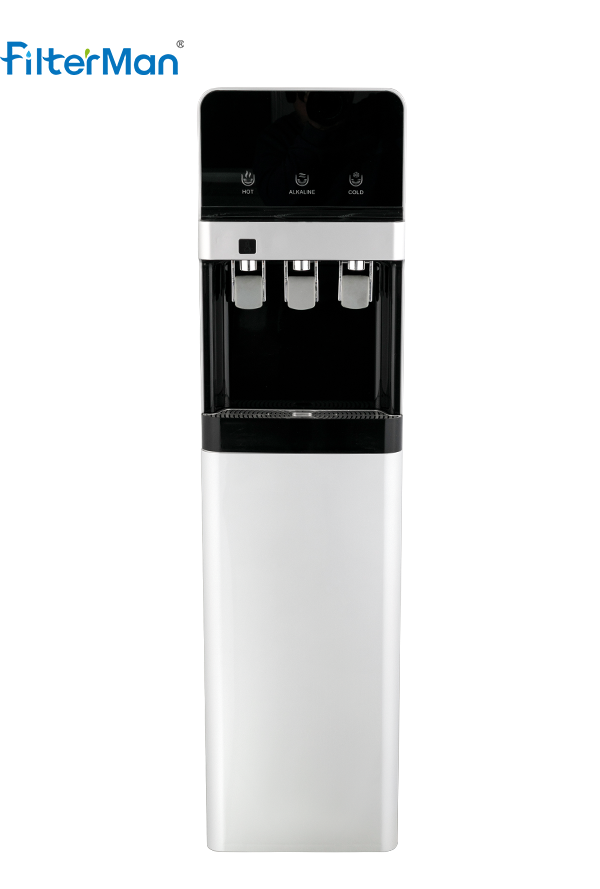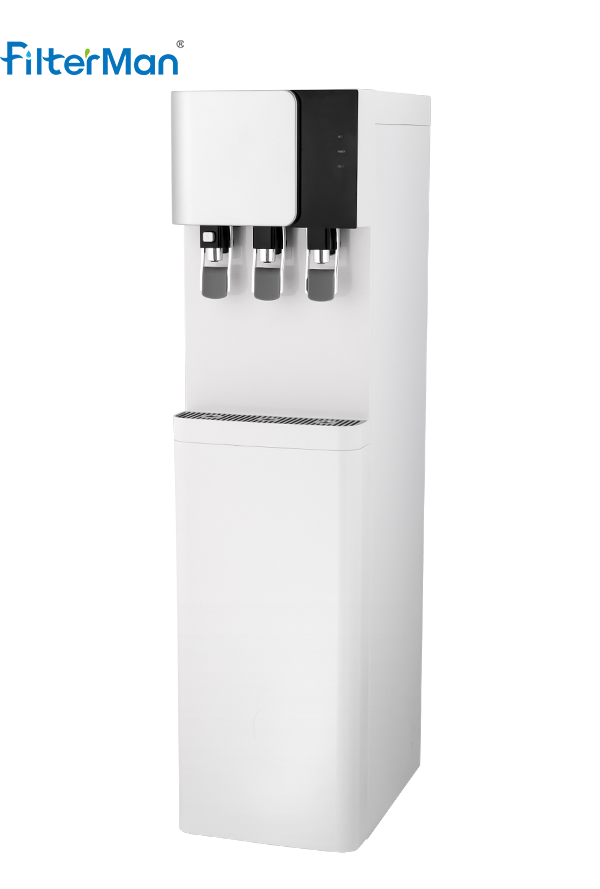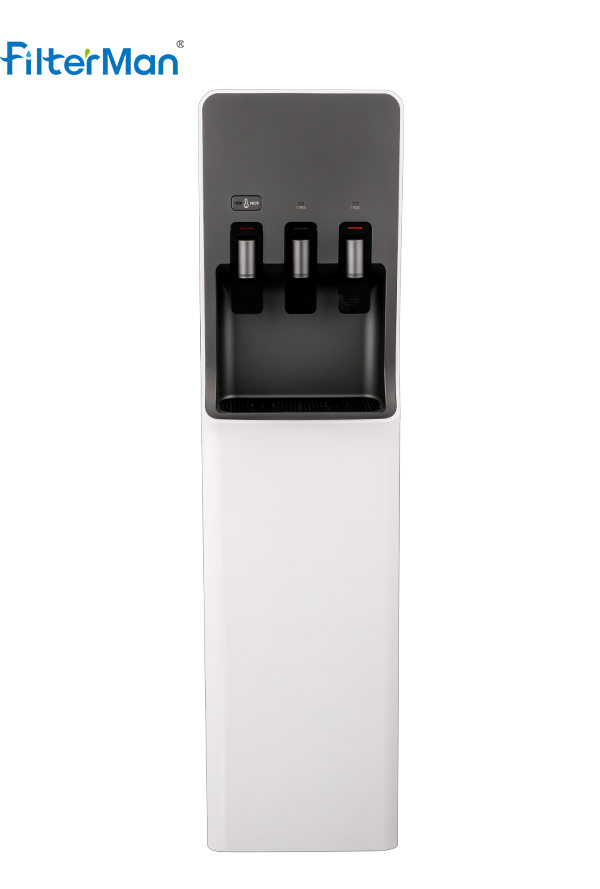Stand drink water machines ensure hygienic drinking water dispensing through various design features and maintenance practices aimed at preventing contamination and ensuring water safety.
One key aspect of ensuring hygienic water dispensing is the use of materials that are resistant to bacterial growth and easy to clean. Stand drink water machines are often constructed from stainless steel or food-grade plastic, which are non-porous materials that do not harbor bacteria or mold. Additionally, these materials are durable and withstand regular cleaning and disinfection procedures without deteriorating.
Stand drink water machines are equipped with components such as dispensing nozzles and taps that are designed to minimize the risk of contamination. Many machines feature touchless or hands-free dispensing options, reducing the spread of germs from user contact. Some models also incorporate anti-microbial coatings on high-touch surfaces to inhibit the growth of bacteria and viruses.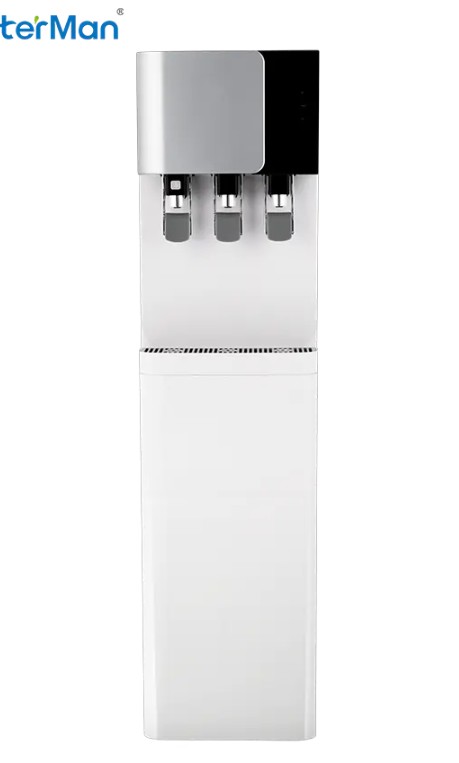
Regular cleaning and maintenance protocols are crucial for ensuring the hygienic operation of stand drink water machines. Manufacturers provide guidelines for cleaning and disinfecting the machines, typically recommending daily cleaning of external surfaces and weekly deep cleaning of internal components. This involves disassembling the machine, removing and sanitizing the dispensing nozzles, filters, and reservoirs, and thoroughly cleaning all surfaces with approved disinfectants.
Stand drink water machines are often equipped with filtration systems that remove impurities and contaminants from the water supply. These filtration systems may include activated carbon filters, UV sterilization, or reverse osmosis membranes, depending on the specific machine model and intended use. By removing harmful pathogens and pollutants from the water, filtration systems contribute to the overall safety and purity of the dispensed water.
Regular monitoring and quality testing of the water supply are also essential for ensuring hygienic water dispensing. Stand drink water machine operators should conduct routine checks to ensure that the water meets regulatory standards for purity and safety. Additionally, periodic maintenance and inspection of the machine's components help identify and address any potential issues that could compromise water quality.

 English
English 简体中文
简体中文
 English
English